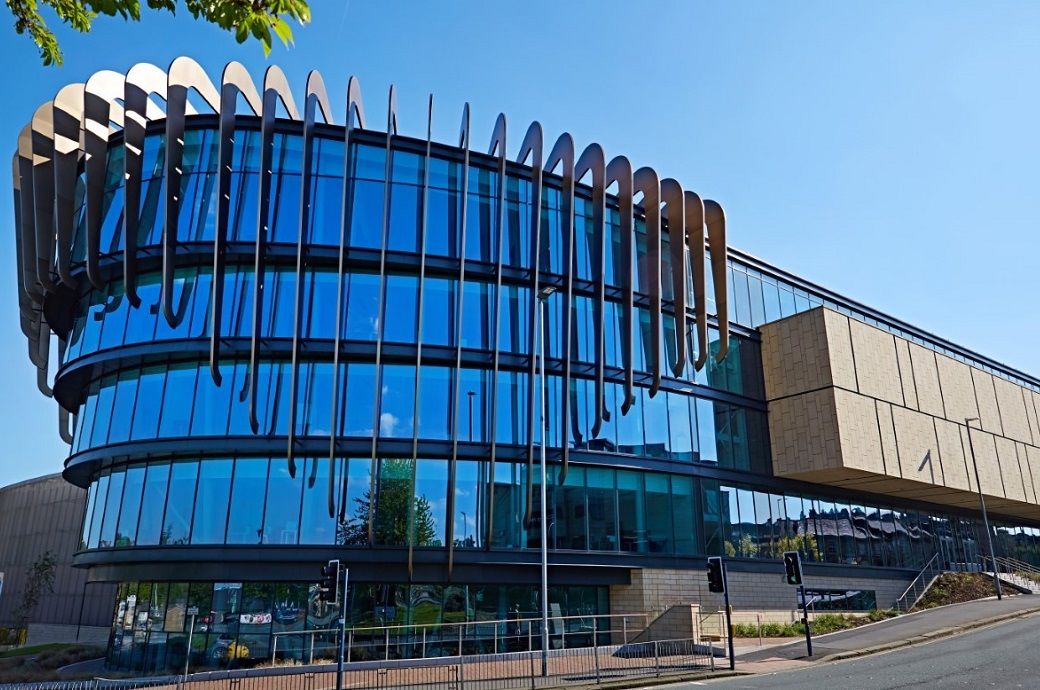

The conference theme, ‘Sustainability of the Textile and Fashion Supply Chain – Transitioning to Zero Carbon and Zero Waste’, is focused on identifying the current scenario as well as emerging sustainable practices and solutions throughout the whole supply chain of textile and fashion products, starting from raw materials to manufacturing processes, distribution and retailing, use by consumers and up to the end-of-life phases, the university said on its website.
Furthermore, the conference will address various strategies to manage the impact of the textile and fashion supply chain on the environment and climate change. The theme directly aligns with the worldwide initiatives being undertaken in moving toward zero carbon emission. Divided into several sub-themes and organised by academic and industrial experts, the conference will cover the latest developments and inventions towards achieving reduced carbon emissions in the apparel and fashion sectors and high-end and specialised technical textile products.
The event aims to demonstrate how the triple helix model of the academic–industry-government dialogues could benefit the industry and create a meaningful roadmap towards achieving zero carbon ambitions before 2050.
The conference will also include but not be limited to the following subthemes—Future Fashion, Composites, Green Skills, Dyes, Pigments, and Polymer, Nonwovens, and Technical Textiles.
The textile industry is by its nature diverse and multi-disciplinary. Therefore, while the key theme for The 92nd TIWC is ‘Sustainability of the Textile and Fashion Supply Chain – Transitioning to Zero Carbon and Zero Waste’, the conference will wholeheartedly welcome papers discussing specific topics encompassing advanced fibres and materials manufacture, biomaterials, business, CAD/CAE technology, circularity and new business models, clothing, colouration and finishing, comfort science, composites, costume, craft, design, economy and supply chain management, fashion, fibre and fabric functionalisation, floorcovering, footwear, industry, household/interiors, innovative fabric structures/products, leather, modelling and simulation, nanotechnology, printing, retailing and branding, smart textiles, sustainability, technical textiles, testing and materials analysis, textile machinery, textile manufacturing—knitting, nonwovens and weaving, textile recycling, textile cultural heritage science, textile education, yarn structures, and spinning.
Fibre2Fashion News Desk (NB)